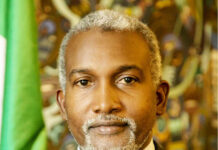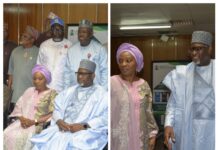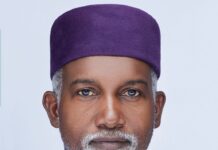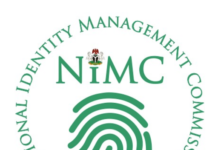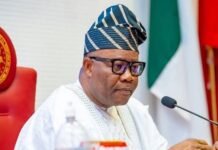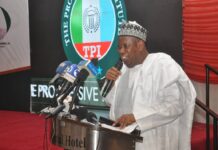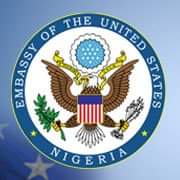
By Joy Odor
The U.S. Agency for International Development (USAID) has recently announced additional development assistance of $136.5 million (NGN 52 billion) to continue its support to Nigeria under a bilateral Development Objectives Assistance Agreement (DOAG) with the United States signed in 2015.
With the most recent notification to the government of the incremental funding increase, USAID has provided Nigeria $1.94 billion (NGN 743 billion) in assistance under the seven-year DOAG.
Most of the assistance, nearly $133.5 million, will go to HIV/AIDS control under several new and existing awards that focus on prevention and treatment in some of the most vulnerable areas of the country.
Another $3 million boosts activities to combat trafficking in persons, mitigate conflict, peace, and counter violent extremism, and $219,566 will expand USAID’s efforts to increase access to potable water and reduce water borne diseases in Nigeria.
“As the most populous country in Africa with the largest economy, Nigeria has tremendous potential and influence over the future of the continent,” said the new USAID Mission Director Dr. Anne E. Patterson.
“With this additional funding, the United States continues to demonstrate its commitment to supporting development programs that will benefit the Nigerian people.”
The United States is responsible for 80 percent of the AIDS treatment provided in Nigeria.
About 1.9 million Nigerians are living with HIV/AIDS, according to the U.S. supported Nigeria HIV/AIDS Indicator and Impact Survey (NAIIS) of 2018.
In 2020, USAID tested 2.4 million Nigerians for HIV, and placed 89 percent of the 119,000 who tested positive on antiretroviral therapy, bringing the total number of Nigerians on USAID-supported HIV/AIDS treatment to 377,500.
Other activities provide care and support for more than 600,000 children and family members orphaned or otherwise impacted by the virus.
Through the President’s Emergency Plan For AIDS Relief (PEPFAR) initiative, over 5.4 million Nigerians have beentested for HIV and one million put on therapy.
“For the first time in modern history, we have the opportunity to control HIV without a vaccine,” Patterson said.
“In partnership with government, civil society, the private sector, and communities, we can help Nigeria overcome this disease


